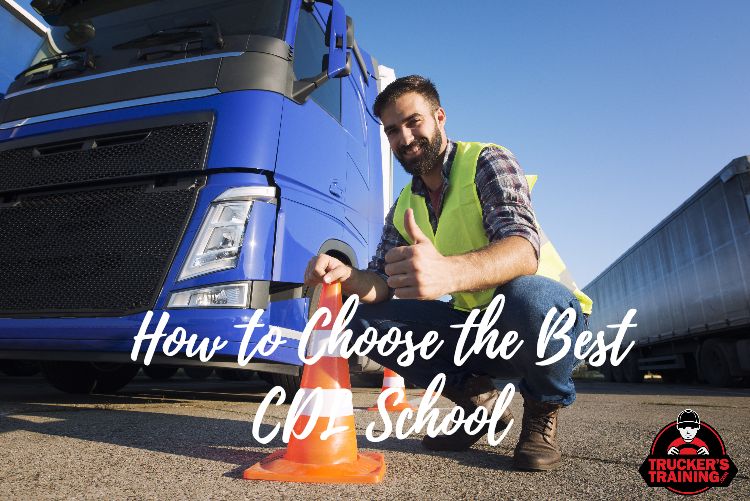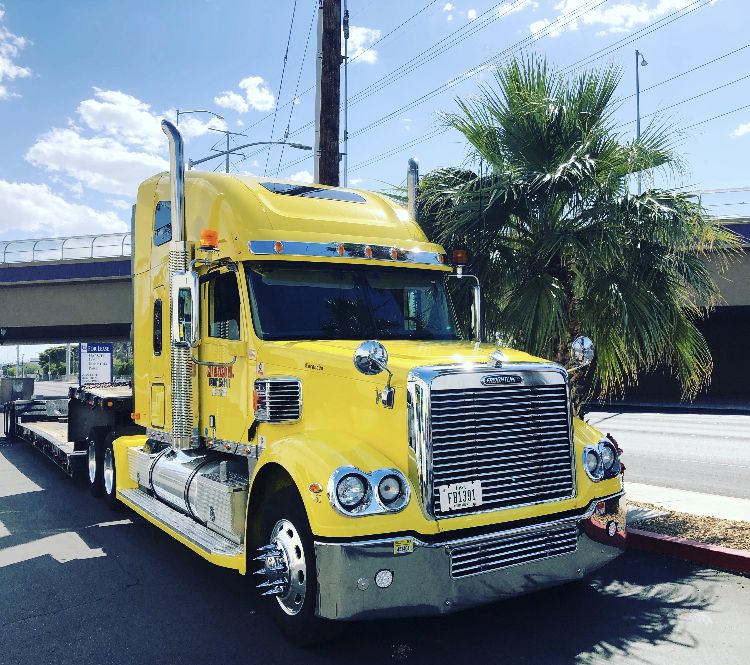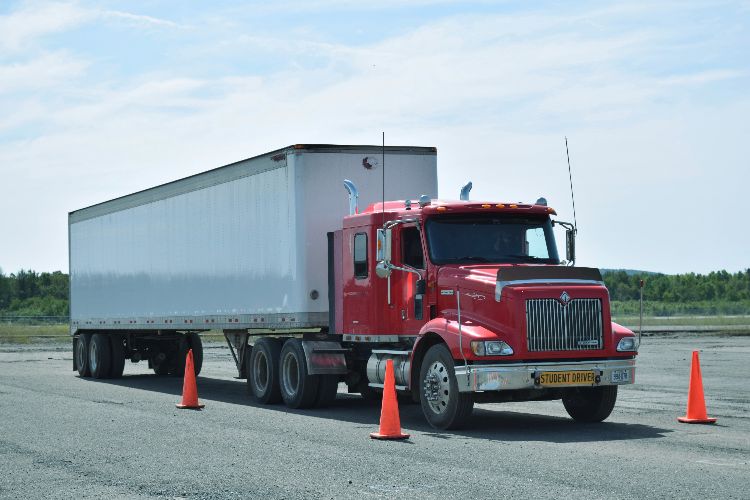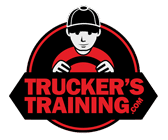With the trucking industry booming, there has never been a better time to start your career as a truck driver. But before you can hit the open road, you need to get your commercial driver’s license (CDL). And that means attending a CDL school.
Before doing research on trucking schools , it is important to consider what type of trucking you would like to do. There are three main types of trucking: long haul, short haul, and local.

What Type of Trucking Do You Want to Do?
Long Haul Trucking
Long haul trucking typically involves hauling freight over long distances, often across state lines. This can be a lonely job, as you will be spending days or even weeks on the road at a time. But it can also be exciting, as you get to see different parts of the country and meet new people along the way.
Short Haul Trucking
Short haul trucking generally involves hauling freight within a single state. This can be a less stressful job than long haul trucking, as you will not be away from home for extended periods of time. But it can also be more challenging, as you will need to be able to navigate city traffic and tight spaces.
Local Trucking
Local trucking generally involves hauling freight within a small geographic area, such as a city or county. This can be a great job for those who want to be home every night, as the hours are typically shorter than other types of trucking. But it can also be repetitive, as you will likely be making the same runs day after day.
Once you have decided what type of trucking you would like to do, you can select what type of commercial license you need. There are three main types of CDLs: Class A, Class B, and Class C.

What Commercial License is Right for You?
Class A CDLs are required for driving vehicles that weigh 26,001 pounds or more, or for towing trailers that weigh 10,000 pounds or more. This is the most common type of CDL required for long haul trucking.
Class B CDLs are required for driving vehicles that weigh 26,001 pounds or more, but do not tow trailers. This is the most common type of CDL required for short haul trucking.
Class C CDLs are required for driving vehicles that carry 16 or more passengers (including the driver), or that transport hazardous materials. This is the most common type of CDL required for local trucking.

How to Choose the Best CDL School?
Now that you know what type of trucking you would like to do and what type of CDL you need, you can start researching different CDL schools. When choosing a school, there are several important factors to consider, such as:
-The cost of tuition
-The length of the program
-The location of the school
-The job placement assistance offered by the school
-The quality of the instructors
-The types of trucks used in the program

How Much is CDL Tuition?
Tuition can vary greatly from school to school. CDL tuition costs can start as low as $1,500 to over $10,000. The cost of trucking tuition depends on the length of the program, the city that you’re in, the reputation of the school, or whether you are learning how to drive an automatic or manual truck. Typically, learning how to drive a manual truck costs more by as much as $1,000. Be sure to compare costs before making your decision.
Does the CDL School Offer Financing Options?
Some schools offer flexible financing options to help you pay for tuition. There is also a plethora of CDL grants and scholarships, and incentives since there is a shortage of truck drivers. This became more evident during the pandemic.
Because truck drivers are essential to the health of the country’s economy, and the supply chain, the government is looking to provide more incentives, training and recruiting options, and possibly looking at improving truck driver compensation, to alleviate some of the issues.
In the meantime, check out some of these truck driving grants and scholarships, such as TAA and veterans’ grants.
What Programs Does the Trucking School Offer?
Each school offers different programs. Some may offer more intensive training while others may have more flexible schedules. Depending on the type of CDL you want, does the school offer the training forConsider your needs and choose the school that best meets them.
What is the Reputation of the CDL School?
Not all schools are created equal. Do your research and make sure you select a reputable school with a good track record. You may want to look at online reviews, and possibly speak to graduates of the trucking school and get their feedback.

Will the CDL School Help You Find a Job When You Graduate?
Many schools offer job placement assistance to help you get started in your career. Some schools have a long standing partnerships with trucking employers which often hire you as soon as you graduate.
Some trucking firms will pay for your tuition and even while you are getting your training. However, there are conditions to that arrangement, such as commitment to the company. This can be a great resource, so be sure to ask about it.
Is the CDL School a Registered Training Provider?
Make sure the trucking school is a registered training provider with the FMCSA. The school should offer Entry Level Driver Training (ELDT). The ELDT program should include at least 30 hours of classroom instruction and 6-8 hours of behind the wheel training.
Is the CDL School in a Convenient Location?
You’ll want to choose a school that is conveniently located. After all, you’ll be spending a lot of time there!

Marina was in corporate communications for over 15 years before becoming a freelance writer for TruckersTraining.com. She's been writing about transportation, and the supply chain and trucking industry for over five years. Her father was in the trucking and logging business which exposed her to the industry. Her passions include travel, nature and entrepreneurship.
